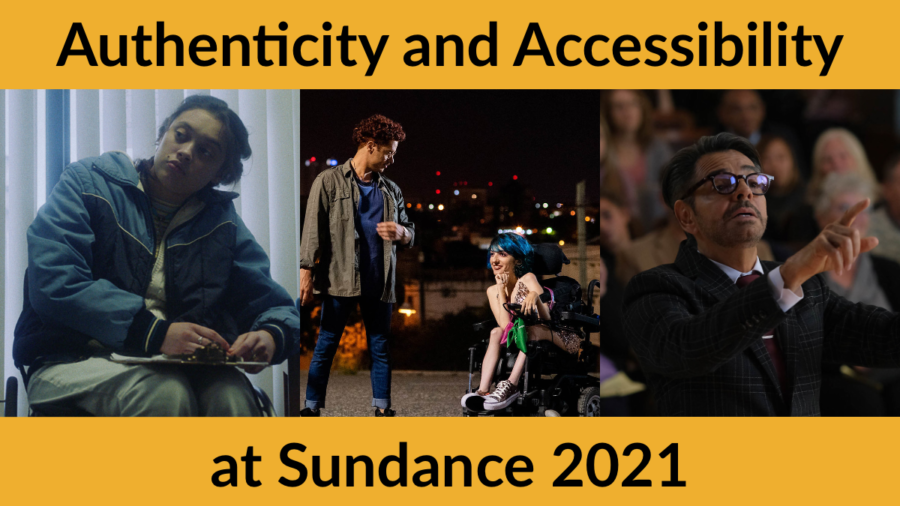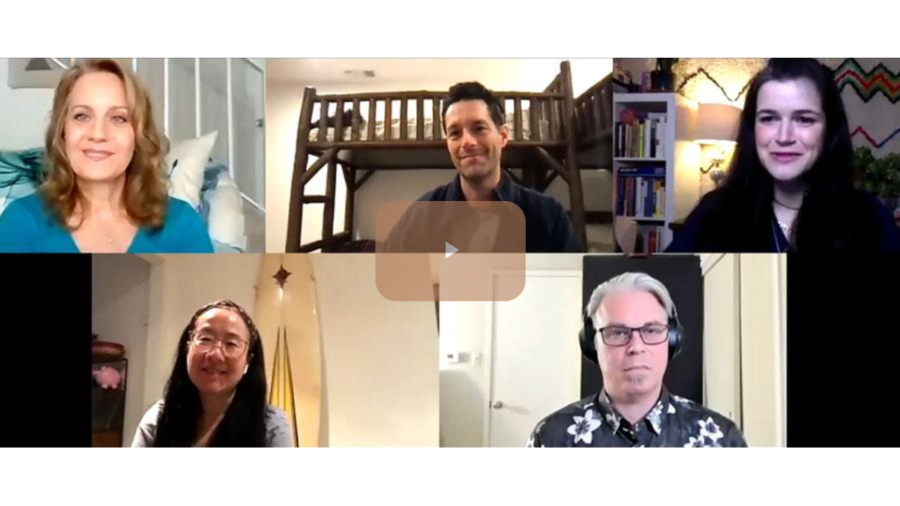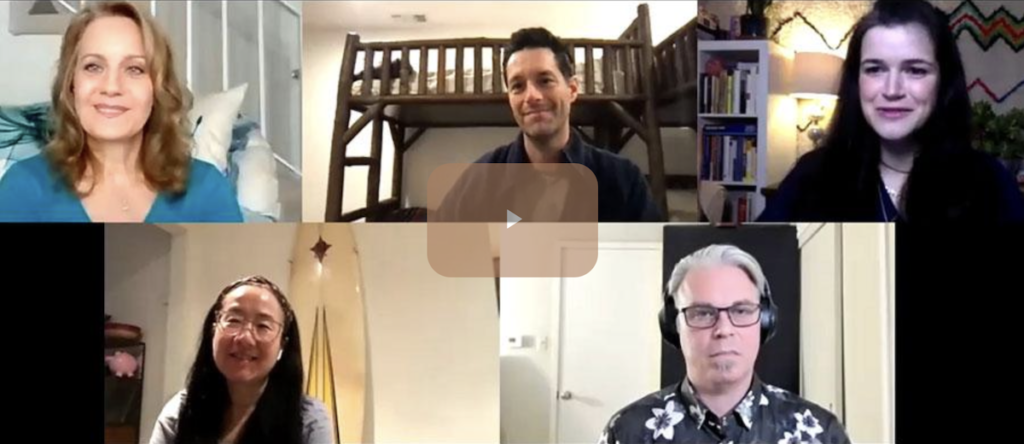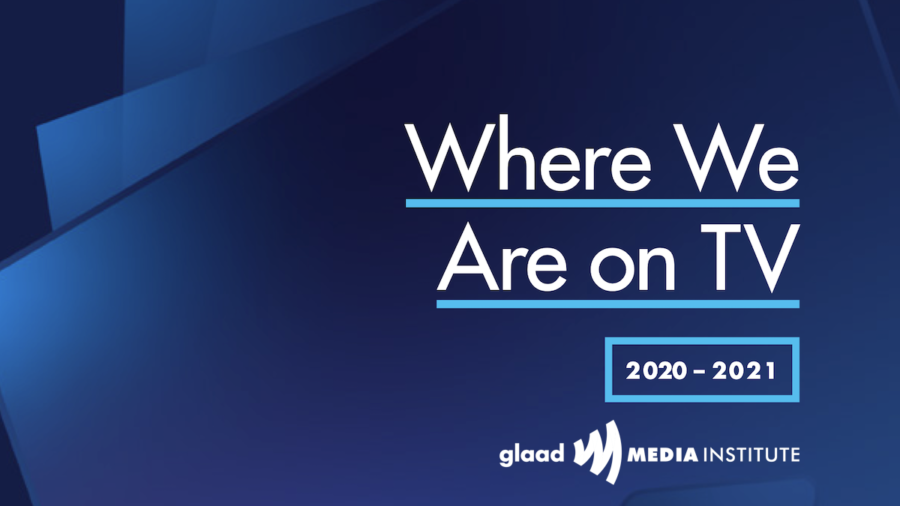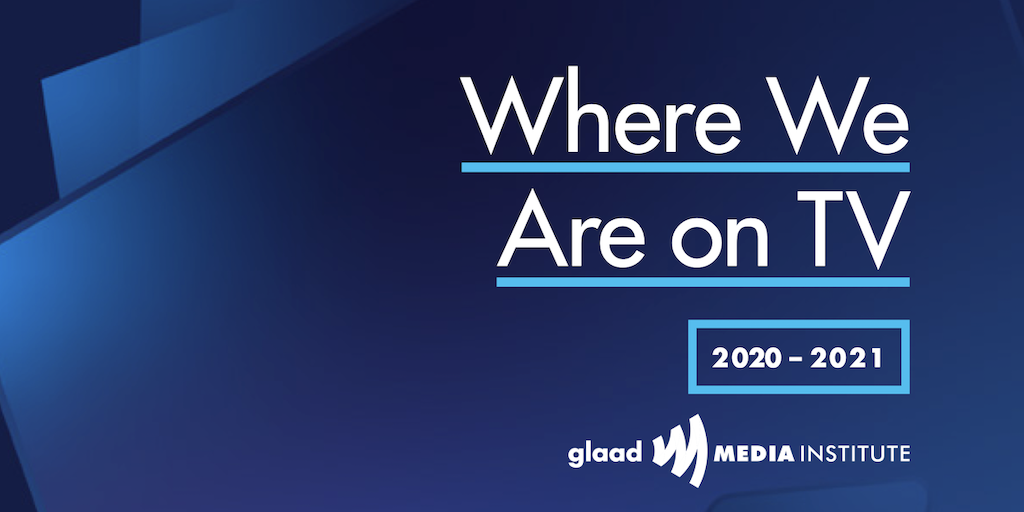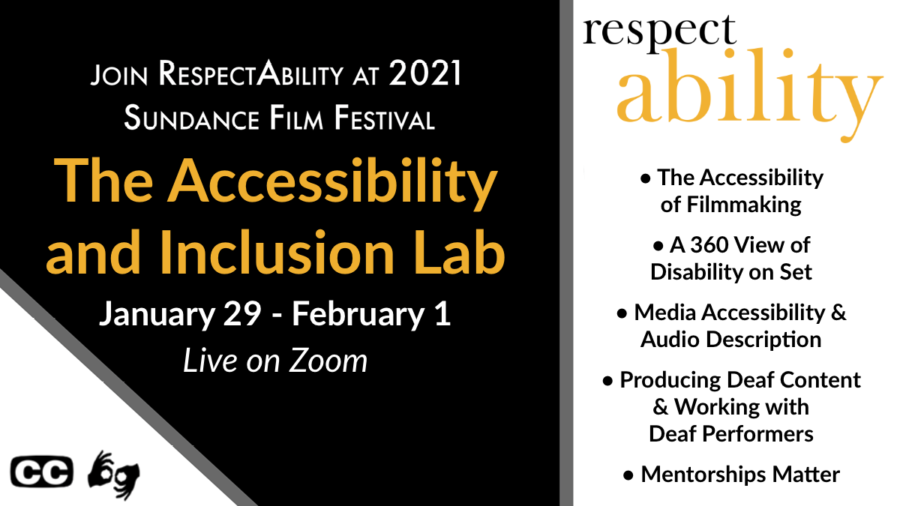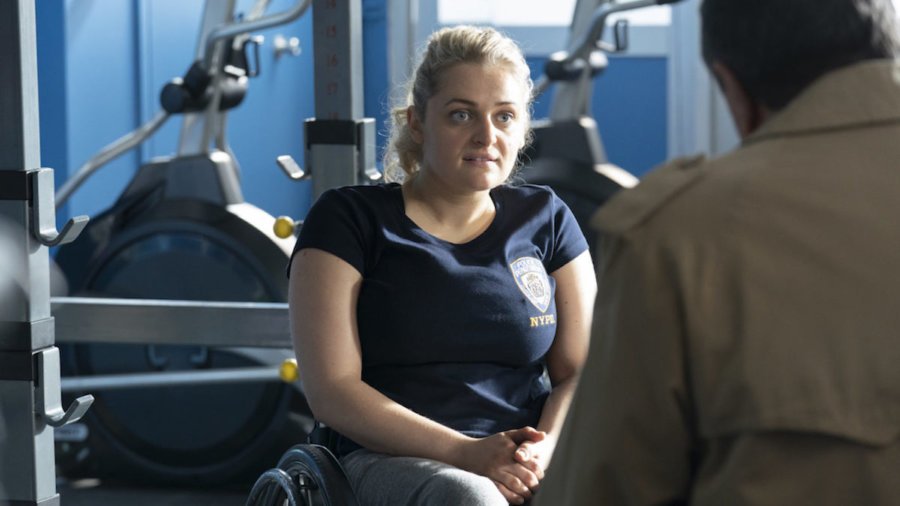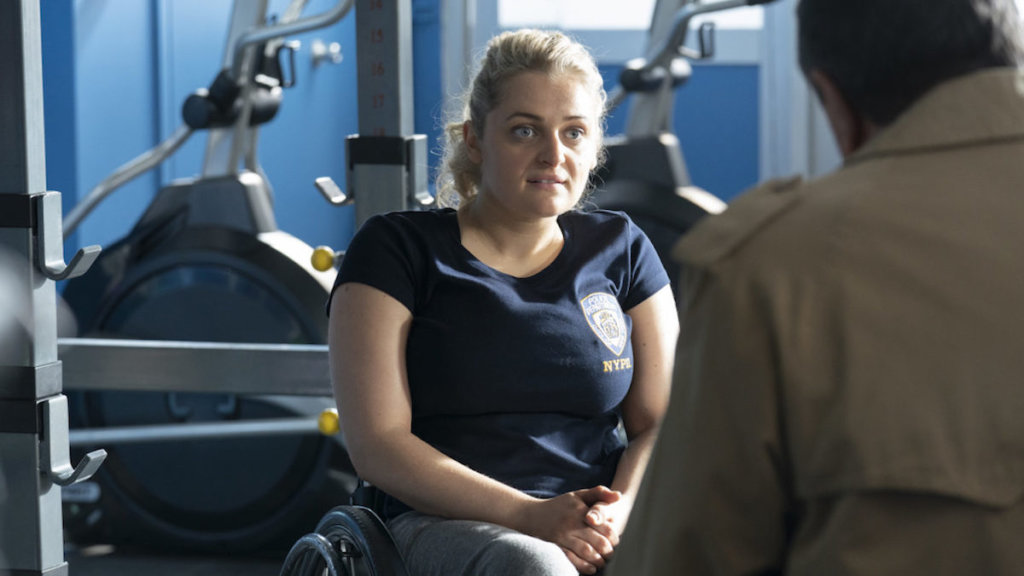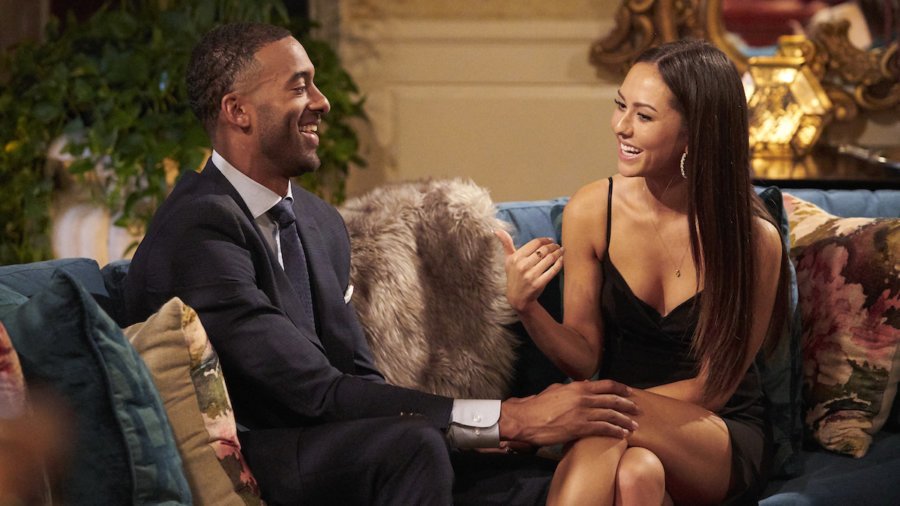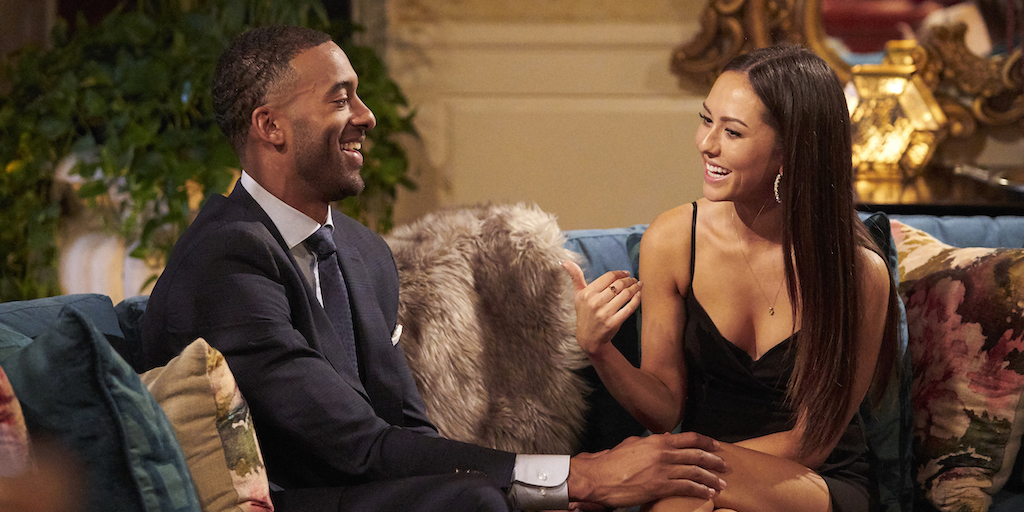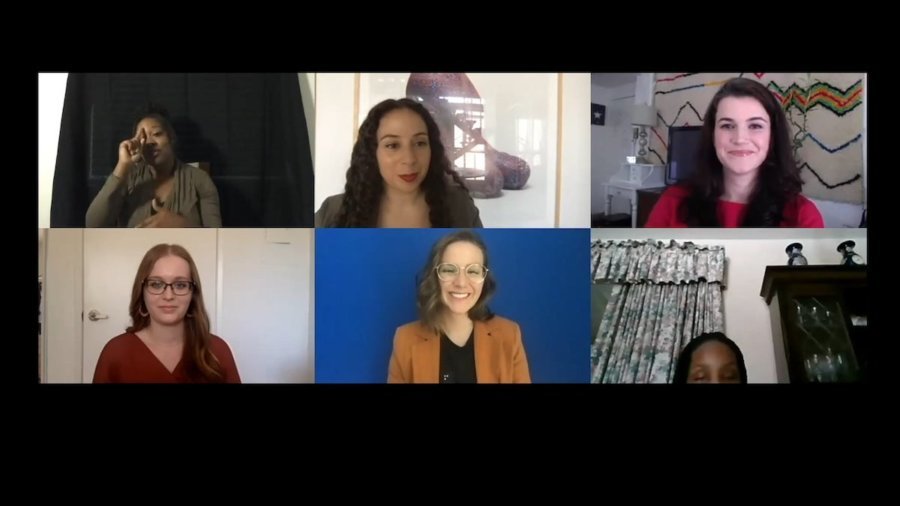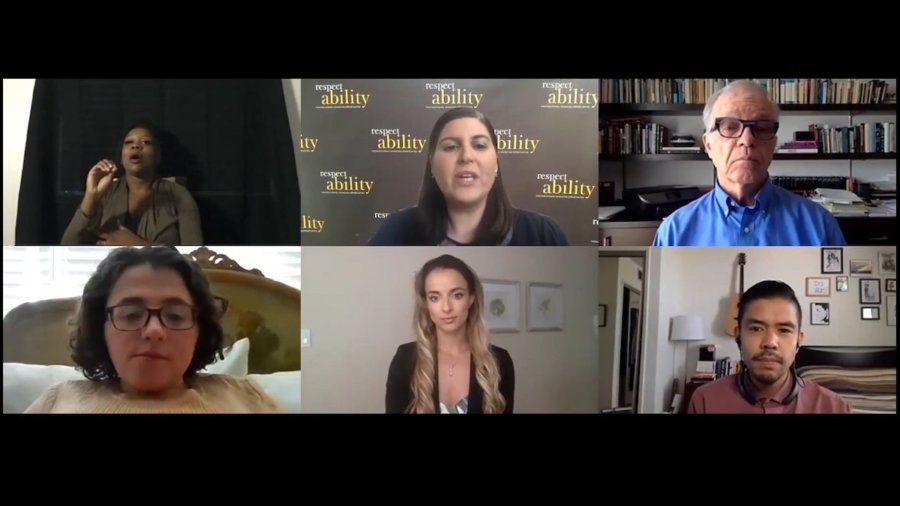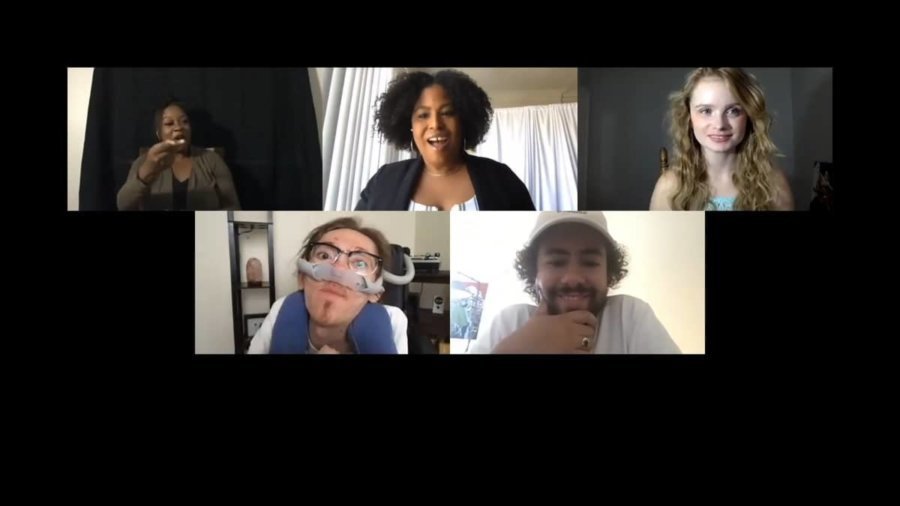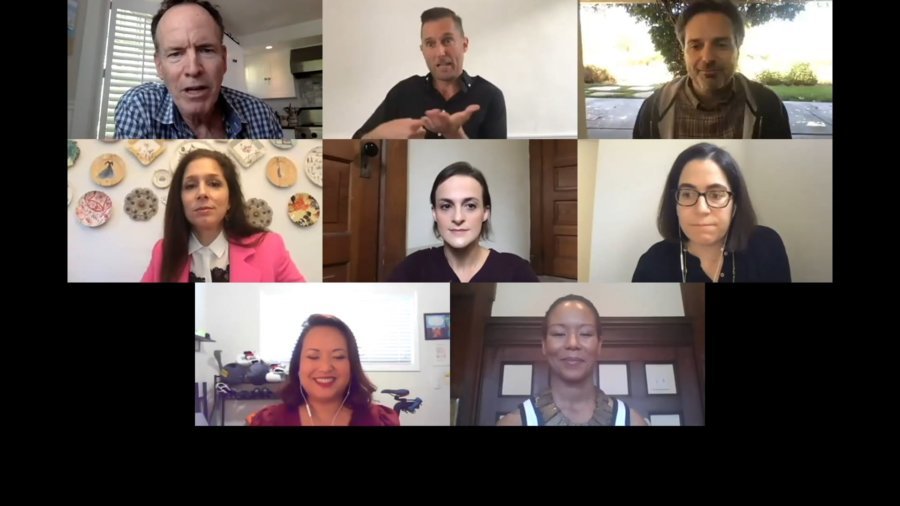Los Angeles, CA, Jan. 28 – With one-in-five people having a disability in the U.S. today, the lack of representation – just 2.3 percent of characters in the 100 top-grossing films of 2019 and 8 percent in family films – means that millions of people are unable to see themselves reflected in media.
The 2021 Sundance Film Festival (January 28 – February 3) will provide an opportunity for audiences with various disabilities to see themselves represented – all from the comfort of their homes through the virtual festival site. This year, several films feature disability in the plot, including CODA, Amy Tan, 4 Feet High, Forever and Wiggle Room, among others. [continue reading…]


